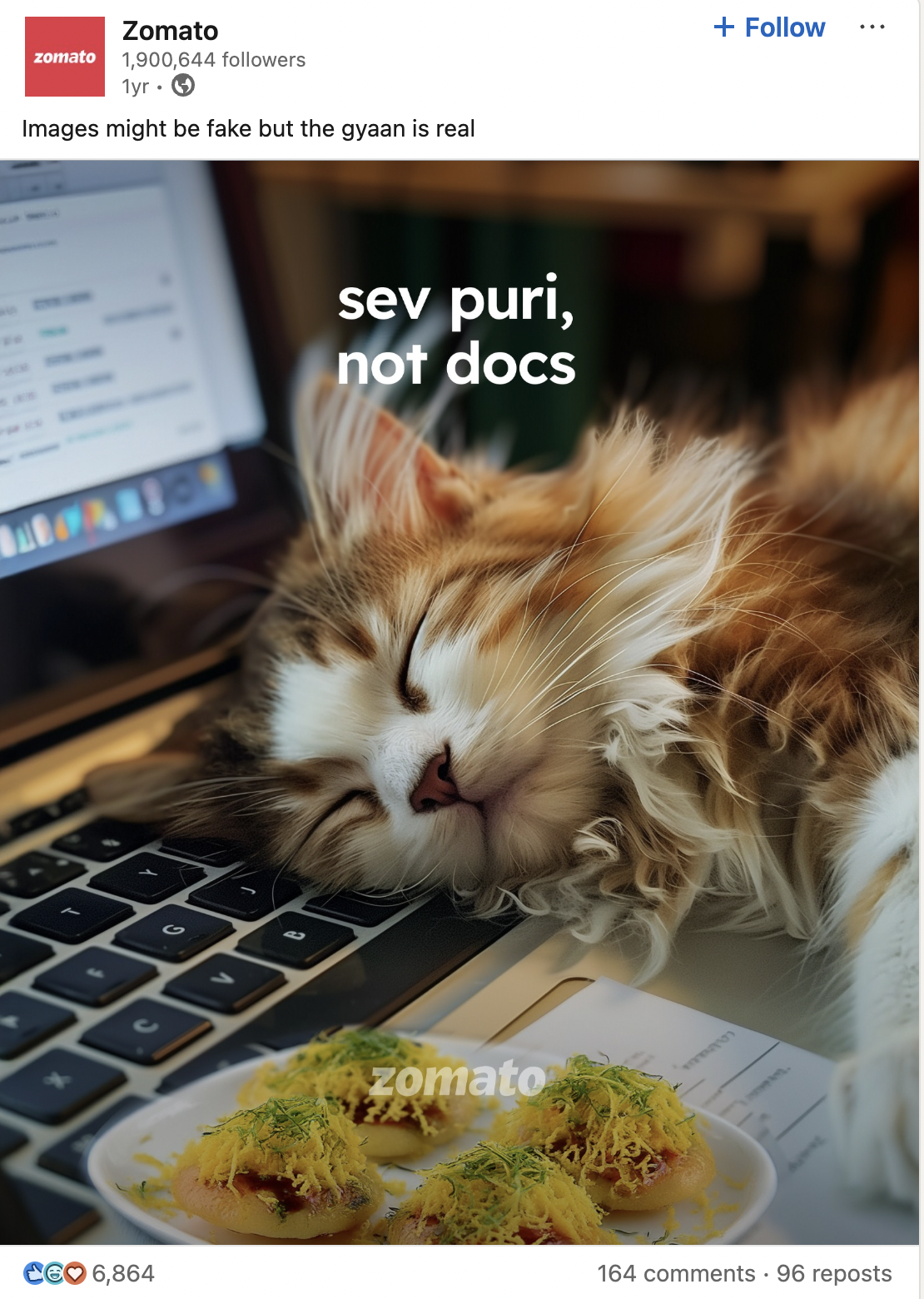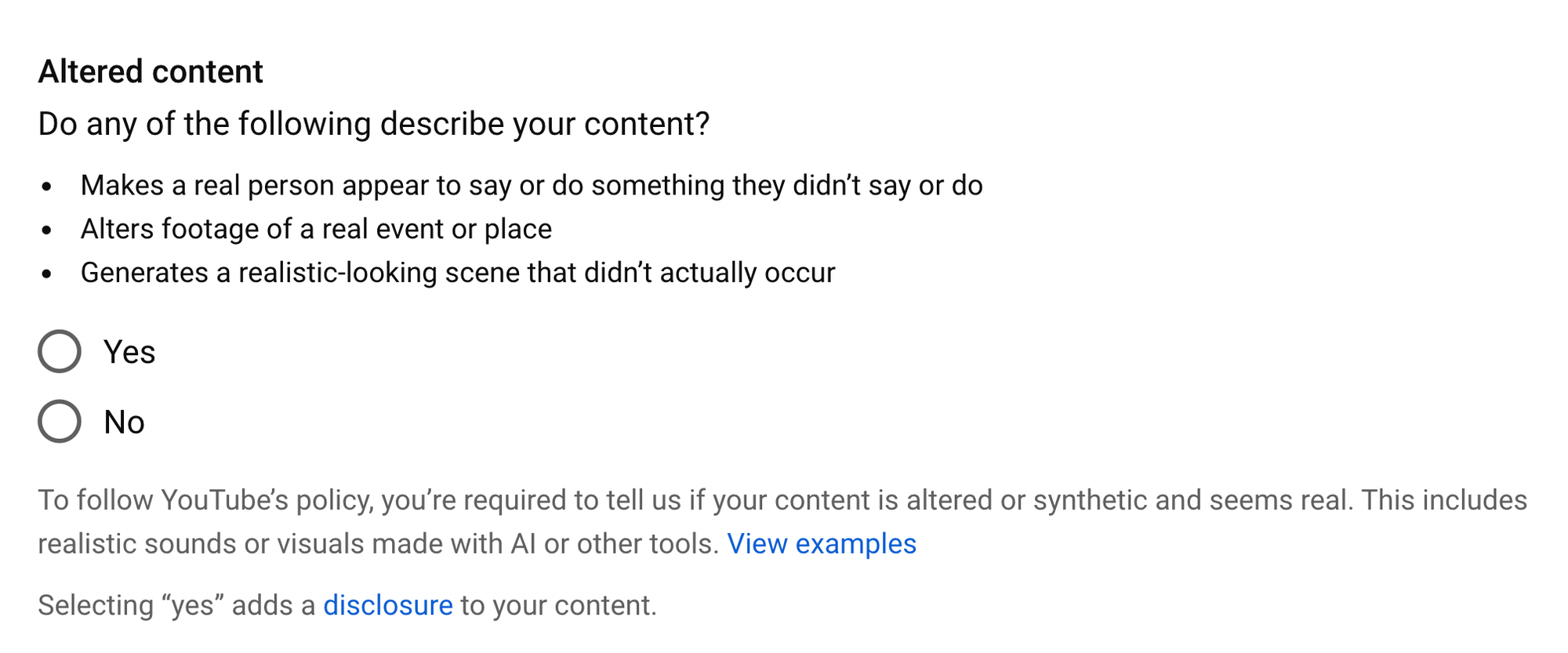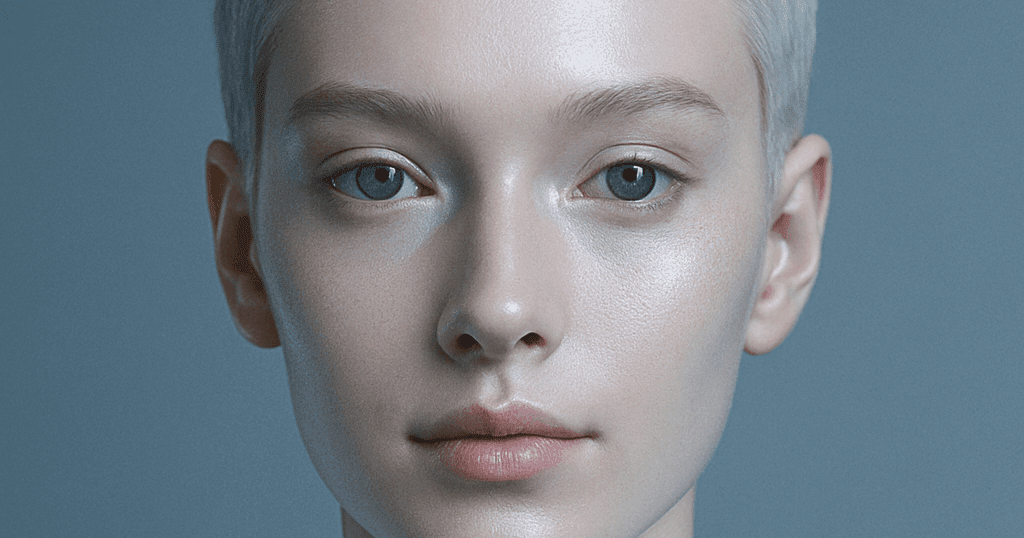How effective is AI in content creation? pros, cons, and real examples

introduction
AI is everywhere, but how effective is it really in building a brand?
In this post, we’ll explore:
- Whether you should be using AI for content creation. And if yes, how?
- Is it effective? Will it get you results? At what cost?
- Can AI create emotional connection?
For part 1 of this series, I’ve spent quite some time exploring the use of AI on YouTube and its implications for viewers, brands, and creators.
I’ve been in the content game for quite some time, helping brands such as 1MG grow on YouTube from 2k to 1M+ subscribers. So naturally, I was curious to understand the implications of using AI in content creation for both personal and business brands.
what is AI in brand building?
At its root, a business exists to solve problems for people while making a profit.
A business brand is nothing but a representation of that business, and whatever it stands for.
Put simply, if I walk up to a business leader and ask “Why does your business exist, and for whom?” and if they don’t have a clear answer, it means they’ve not done a good enough job at differentiating themselves in the market.
And so, they’re very likely to get lost and be forgotten in the sea of other competitors.
Now, why is this even more important in the AI era? Because it is becoming increasingly easier to create content and harder to stand out.
But standing out is just one part of the equation. Businesses also need to build trust and generate a positive emotional connection with their audience.
And here’s the tricky part: you cannot outsource emotional connection to AI.
pros and cons of using AI in brand building
The upside is obvious - AI makes it easy to generate content fast, and at scale. But the danger is also obvious: if everyone can do it, standing out becomes even more harder.
AI can help save time and cost, but it cannot give you judgment, taste, or authenticity. Those are human, and always will be.
case study: zomato’s AI post
Take this post by Zomato for example -

The image was AI generated. The copy was not.
Why did this post get one of the highest engagements despite being AI generated?
Because of three simple reasons:
- The post was centered around food (what Zomato as a business stands for).
- They disclosed that the images were fake (builds trust).
- They created a funny meme food lovers could relate to (positive emotional connection).
This is the formula: stand for something, disclose openly, and create genuine emotional connection with your target audience.
can AI create emotional connection?
This is the big question. And based on what I’ve seen, the answer is: not really.
Let’s look at some examples on YouTube:
ai voice cloning (not disclosed)
Two Minute Papers is run by independent researcher Károly Zsolnai-Fehér.
His older videos built deep trust and connection with his distinctive voice. But in recent videos, he seems to have cloned his own voice. It doesn’t sound that great, if you ask me. And the audience agrees – the comments are filled with backlash.
ai voice cloning (disclosed)
Someone cloned Kurzgesagt’s voice and uploaded a similar video. They disclosed that it was cloned using ElevenLabs. But again, it didn’t resonate with viewers. Emotional connection cannot be outsourced to AI.
ai voiceover (not disclosed)
On the other hand, channels like Story Recapped (1M+ subscribers) thrive on AI voiceovers. But their success has less to do with AI voices and more to do with popular storylines.
ai deepfake (disclosed)
Entertainment-first channels that disclose AI-use fare better.
YouTube even requires disclosure now:

Failure to disclose risks account ban and suspension.
ai ads and scripts (disclosed)
Tom Scott’s AI-generated NordVPN ad is a masterclass. He disclosed AI-use upfront, mentioned what’s true, and delivered value. That’s how trust is built.
ai screenwriting (disclosed)
Code Bullet used AI to create Rick & Morty-style episodes: dialogues, scripts, directions, voiceovers. Fans called it a masterpiece.
ai avatars and personal brands
From diss tracks between AI characters (Yowza, Isabella) to AI news anchors like Odisha TV’s Lisa, people will watch AI as long as it’s entertaining and adds value.
But when creators replace themselves with AI (like Kwebbelkop did after 10 years of showing up authentically), the backlash is severe.
Audiences feel betrayed.
And likely so: imagine someone you love replacing themselves with a replica doll. No matter how close it looks and sounds, you’ll eventually move on.
tools and responsible use
If you’re exploring tools, here are the most popular ones that people use in AI content creation:
- ElevenLabs (voice cloning)
- Midjourney (AI visuals)
- Synthesia (AI avatars, explainer videos)
- Respeecher (Hollywood-quality AI voices)
- RunwayML (cinematic video generation, text-to-video)
- LTX Studio (storyboarding + scene-level AI filmmaking)
- Descript (podcast + video editing with AI overdub)
- Google Veo 3 (high-fidelity AI video generation)
- Google Nano Banana (Gemini 2.5 Flash Image model for advanced, realistic image editing)
- Suno (AI music generation, lyrics to studio-quality tracks)
Keep in mind, disclosure is now mandatory on platforms like YouTube. Misuse can lead to bans or even legal trouble (google about the Universal Music Group and Drake AI song fiasco).
real-world AI in brand building
Here’s where AI content is showing up:
- YouTube: voice cloning, avatars, sports commentary, music videos, gameplay.
- Instagram: AI influencers like Lisa, who gained 10,000+ followers quickly.
- Music & ads: AI Drake song that went viral, Balenciaga Harry Potter AI ads hitting 15M+ views.
While using these tools is fairly simple, what’s more difficult is developing taste and judgment – what images to use? what music to use? what should the dialogues be? etc.
It’s interesting to note that the person who made the Harry Potter Balenciaga ad is a professional photographer and runs a photography business. No wonder his photoshoot concept worked so well!
And Drake's ‘heart on my sleeve’ song that went viral? That guy (ghostwriter777) is a professional songwriter.
And Kendrick’s AI rap song that went viral? That guy (Sy The Rapper) is a professional rapper!
bottom line: AI content works best when it amplifies entertainment and creativity, but fails when it tries to replace genuine human connection. Also, your own taste and judgement will always matter infinitely more.
best practices for using AI in brand building
- Always disclose AI use. It builds trust instead of skepticism.
- Use AI as leverage, not replacement. Your taste and judgment matter more.
- Focus on authentic, human storytelling. AI can multiply your creativity, but it cannot replace "you".
- Entertain or add value, in your own unique ways.
conclusion
AI is a form of leverage. It can multiply your creativity, save costs, and accelerate content creation. But, you need a human co-pilot. AI cannot create genuine emotional connection without "you".
Therefore, taste, judgment, and authenticity will always remain human and matter infinitely more.
This also means that those early in their careers (without taste or judgment) are the most likely to be replaced by AI. For everyone else, AI is not a threat – it's a form of leverage. But, only if you know how to use it wisely.
frequently asked questions (faq)
Q1. Can AI replace human brand builders?
Not really. AI can save time and scale production, but it cannot create genuine emotional connection. Taste, judgment, and authenticity still come from humans.
Q2. What are the best AI tools for brand building?
Some of the most effective tools include ElevenLabs (voice cloning), Midjourney (AI visuals), Synthesia (AI avatars), RunwayML (cinematic AI video), LTX Studio (AI storyboarding), Google Veo 3 (high-fidelity text to video), etc. These tools can multiply your creativity, but they still need human guidance.
Q3. Is AI-generated content good for SEO?
AI-generated content can help with speed and volume, but it won’t automatically rank unless it delivers genuine value and originality. Google and YouTube also require disclosure for AI-generated or altered content. Failure to disclose may harm your trust and visibility.
Q4. Should I disclose when I use AI for brand building?
Yes. Disclosure builds trust. Brands like Zomato or creators like Tom Scott have shown that when you openly say “this part is AI,” people respond better. Lack of disclosure often backfires.
Q5. Can AI create emotional connection with an audience?
AI alone can’t. People connect with honesty, humor, relatability, and human presence. AI can amplify those, but it cannot replace them. If you try to outsource emotion to AI, you’ll almost always lose trust.

